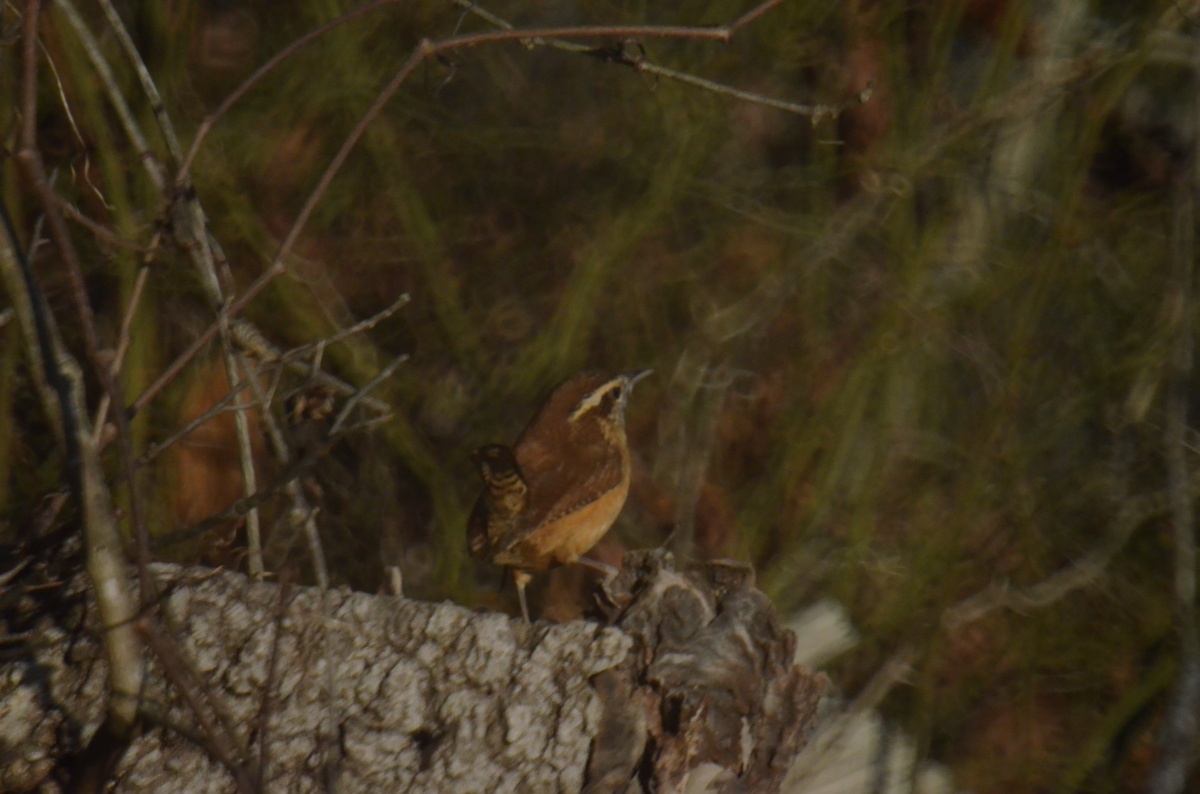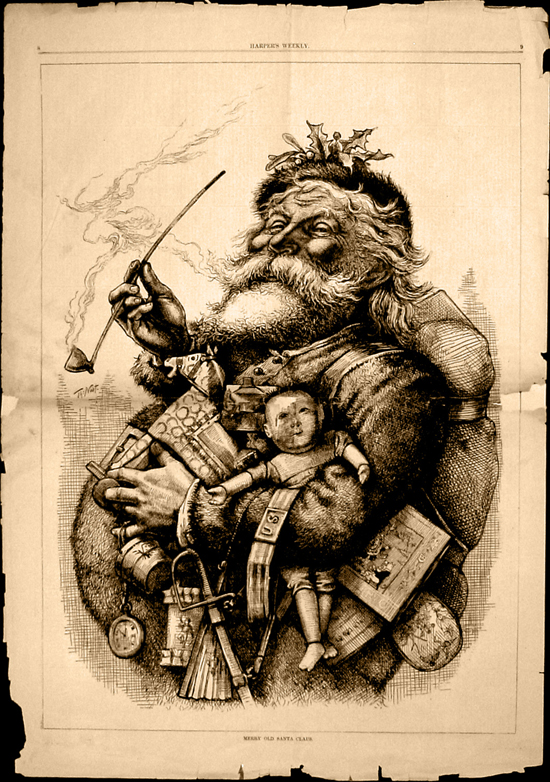Things get a tad more strange.
Following from the last installment: A new chapter. The start of the story can be found here.
Chapter 2.
Elizabeth was glad enough of her waterproof by the time they arrived back at her uncle’s house in Barnecourt. A rain squall had blown through, and even though she’d managed to put the cloak on, her dress was soaked. So was Mary’s but she laughed it off. Elizabeth just sat there and shivered. Unfortunately, their pony could only pull the trap slowly up the steep hills between Moreton Hampstead and Barnecourt. Elizabeth wondered if it would be faster to get out and walk. It hadn’t mattered the day before when the weather was fair and the scenery novel.
“My dear niece,” her uncle said, when they finally arrived at the house. “You look positively blue with the cold. Come into the kitchen and warm yourself.” He bustled her inside to the stove, where a few coals kept the boiler warm. “Are you feeling well?”
“Cold,” Elizabeth’s teeth chattered, and she had a short coughing spell.
“Had I known the weather would turn, I’d have never let you go in the open trap.” He put a couple more pieces of coal in the stove and stirred it up to get the fire going. “Hope I don’t put it out. Mary’s the expert with this dratted contraption.”
The warm close air of the kitchen helped Elizabeth, and after a few minutes she stopped shaking. She did not stop coughing.
Uncle Sylvester listened to the cough, and balanced the administration of a tot of warm whiskey against the alternative of a dose of Ipecac. Finally, he asked Elizabeth, “Has Ipecac ever helped your cough?”
She shook her head, “No!”
“Then whiskey it is. A touch of honey mixed in sometimes helps.” He went off to prepare the medicine. By the time he returned, Mary had arrived and produced a bowl of hot water. Elizabeth sat with her head over it, wrapped in a towel and inhaling the steam. Mary looked up at him when he returned and said, “Whiskey, is that all you doctors ever think about? Cut some thyme from the garden, and I’ll put it in the bowl with the steam.”
The warm moist aromatic mixture soon soothed Elizabeth’s cough. Her uncle took one look at her, and said, “Bed. You need your rest. … Mary, will you see that she’s tucked in and warm? I must see to my laboratory; things are afoot.” He dashed out.
Mary smiled at her charge and added, “I could give you some broth, or would you prefer to just sleep?”
“I’ll go to sleep, and maybe then I’ll be able to join you for supper.”
On the way upstairs, Elizabeth stopped for a breath and said, “Is my uncle always so odd, distracted?”
Mary chuckled, “Not usually. He must be hard at work on something. We’ll probably hear it soon enough – when it explodes.”
“Does he always make things explode?”
Mary added, “I don’t think that’s his idea; it’s just what always seems to happen. Still, he’s happy and usually unhurt.” Then she led Elizabeth to her room and helped her into her dry nightdress. Then she wrapped her in a warm quilt and helped her into bed.
In the process, Elizabeth noticed that some of her things had been moved. “Mrs Trent, would anyone have looked through my room while we were away?”
“Why ever would anyone do that, Miss? It’s only George and Dr Standfast who were here.”
“It’s just things aren’t quite the way I remember leaving them.”
“You must be tired, I can’t imagine either of them searching your things. Maybe they had to move something when they were fixing the roof. In case plaster fell.”
“I suppose I’m just tired and seeing things.”







 Here’s a wood-thrush from my feeder.
Here’s a wood-thrush from my feeder.




